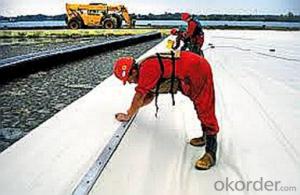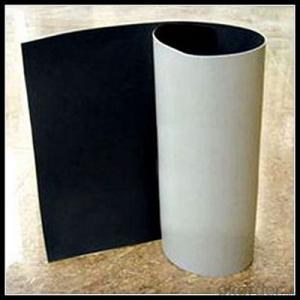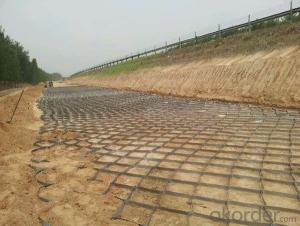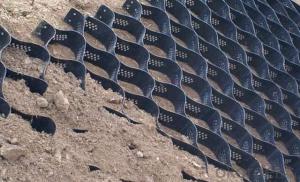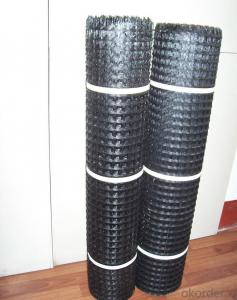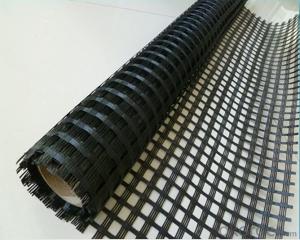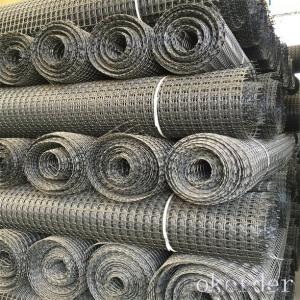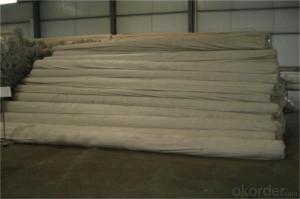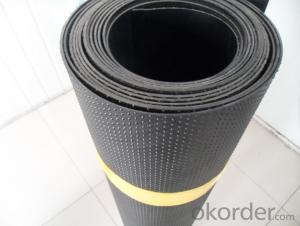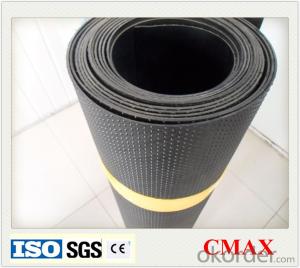All Categories
- - Steel Wire Rod
- - Steel Coils
- - Steel Profiles
- - Steel Pipes
- - Stainless Steel
- - Tinplate
- - Special Steel
- - Steel Sheets
- - Steel Rebars
- - Steel Strips
- - Hot Rolled Steel
- - Cold Rolled Steel
- - Pre-painted Steel
- - Seamless Steel Pipe
- - Welded Steel Pipe
- - Hollow Steel Tubes
- - Galvanized Pipe
- - Stainless Steel Coil
- - Stainless Steel Sheet
- - Stainless Steel Plate
- - Stainless Steel Strips
- - Electrolytic Tinplate Coil
- - Electrolytic Tinplate Sheet
- - Stainless Steel Rebars
- - Solar Panels
- - Solar Water Heater
- - Solar Related Products
- - Solar Inverter
- - Solar Cells
- - Solar Light
- - Solar Energy Systems
- - Solar Controllers
- - Solar Mounting System
- - Solar Pump
- - Solar Chargers
- - Fiberglass Chopped Strand
- - Fiberglass Mesh Cloth
- - Composite Pipes
- - FRP Pultrusion Profiles
- - Fiberglass Mat Tissue
- - Fiberglass Fabrics
- - Fiberglass Mesh
- - Composite Tank
- - Fiberglass Mesh tape
- - Polymer
- - FRP Roofing Panel
- - Fiberglass Roving
- - Monolithic Refractories
- - Ceramic Fiber Products
- - Refractory Bricks
- - Raw Materials For Refractory
- - Suspended Platform
- - Cranes
- - Concrete Machinery
- - Earthmoving Machinery
- - Building Hoist
- - Road Building Machinery
- - Plastic Pipe Fittings
- - Plastic Tubes
- - Plastic Sheets
- - Agricultural Plastic Products
- - Plastic Nets
 All Categories
All Categories
Q & A
How is soil sampling and testing conducted to ensure compliance with quality standards in earthwork?
Soil sampling and testing is conducted in several steps to ensure compliance with quality standards in earthwork. First, a representative sample of soil is collected from various locations on the site using appropriate sampling methods. This sample is then sent to a laboratory for testing.
In the laboratory, the soil undergoes various tests to determine its properties, including its composition, density, moisture content, and strength. These tests are conducted according to established standards and procedures.
The results of these tests are compared with the quality standards set for earthwork. If the soil meets the required standards, it is deemed compliant. However, if the soil does not meet the standards, necessary measures are taken to improve its quality, such as adding amendments or removing unsuitable soil.
Regular and systematic soil sampling and testing throughout the earthwork process ensures that the quality standards are met, helping to prevent any potential issues or failures in the construction project.
What are the geotechnical considerations for earthwork in earthquake-prone areas?
In earthquake-prone areas, there are several geotechnical considerations that need to be taken into account for earthwork projects. Firstly, site-specific seismic hazard assessments are crucial in order to determine the level of seismic activity expected in the area. This information helps engineers design structures that can withstand the anticipated ground shaking.
Another important consideration is the soil type and its behavior during an earthquake. Different soil types have varying levels of susceptibility to liquefaction, which is when saturated soils lose their strength and behave like a liquid during seismic events. Proper soil investigation and testing techniques are necessary to identify potential liquefaction-prone areas and design appropriate foundation systems to mitigate the risk.
Furthermore, slope stability is a significant concern in earthquake-prone areas. The dynamic forces generated during an earthquake can trigger landslides and slope failures. Therefore, it is crucial to conduct thorough slope stability assessments, including analyzing the stability of existing slopes and designing appropriate slope reinforcement measures if necessary.
Additionally, proper drainage systems are essential to prevent water accumulation and subsequent saturation of soils, which can further increase the risk of liquefaction and landslides during earthquakes.
Overall, geotechnical considerations for earthwork in earthquake-prone areas involve assessing seismic hazards, understanding soil behavior, analyzing slope stability, and implementing appropriate foundation and drainage systems to ensure the safety and stability of earthwork projects.
What is the role of soil testing in earthwork projects?
The role of soil testing in earthwork projects is to assess the composition, stability, and load-bearing capacity of the soil. This helps in determining the suitability of the soil for construction purposes, designing appropriate foundations, and ensuring the safety and longevity of the earthwork project. Soil testing provides crucial information about soil properties, such as moisture content, compaction, and shear strength, which play a vital role in the planning and execution of earthwork projects.
Wholesale Earthwork from supplier in Botswana
With our Earthwork materials, we can cater to various construction projects, including road construction, land development, and infrastructure projects. Our product range includes high-quality aggregates, fill materials, and geosynthetics, among others, all sourced from reputable suppliers.
We understand the importance of timely delivery and cost-effective solutions for your projects. Our dedicated team will work closely with you to understand your specific requirements and provide customized solutions that meet your budget and timeline.
In addition to our sales services, we also offer comprehensive technical support. Our team of experts can assist you in selecting the right materials for your project, providing guidance on installation techniques, and offering ongoing support throughout the duration of your project.
As a subsidiary platform of CNBM, we have access to a vast network of suppliers and resources, enabling us to offer competitive pricing and a wide range of options for your Earthwork needs. We are committed to delivering high-quality products and services that meet the highest industry standards.
Whether you are a contractor, developer, or government agency, we are here to support your Earthwork procurement needs in Botswana. Contact us today to discuss your requirements and let us be your trusted partner for all your Earthwork material needs.
We understand the importance of timely delivery and cost-effective solutions for your projects. Our dedicated team will work closely with you to understand your specific requirements and provide customized solutions that meet your budget and timeline.
In addition to our sales services, we also offer comprehensive technical support. Our team of experts can assist you in selecting the right materials for your project, providing guidance on installation techniques, and offering ongoing support throughout the duration of your project.
As a subsidiary platform of CNBM, we have access to a vast network of suppliers and resources, enabling us to offer competitive pricing and a wide range of options for your Earthwork needs. We are committed to delivering high-quality products and services that meet the highest industry standards.
Whether you are a contractor, developer, or government agency, we are here to support your Earthwork procurement needs in Botswana. Contact us today to discuss your requirements and let us be your trusted partner for all your Earthwork material needs.


